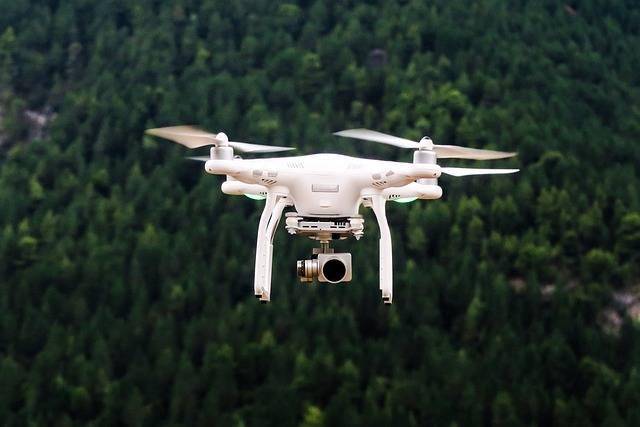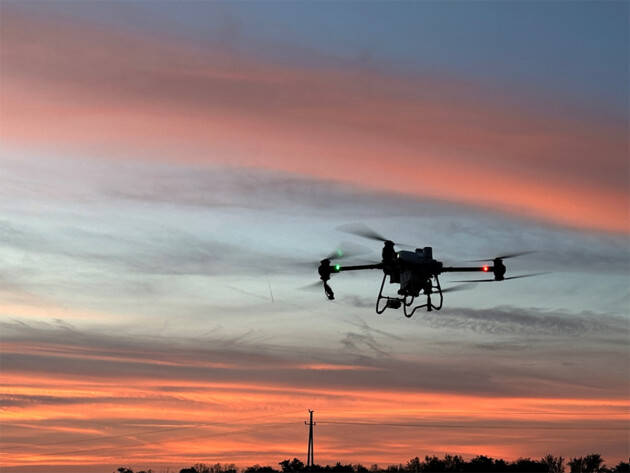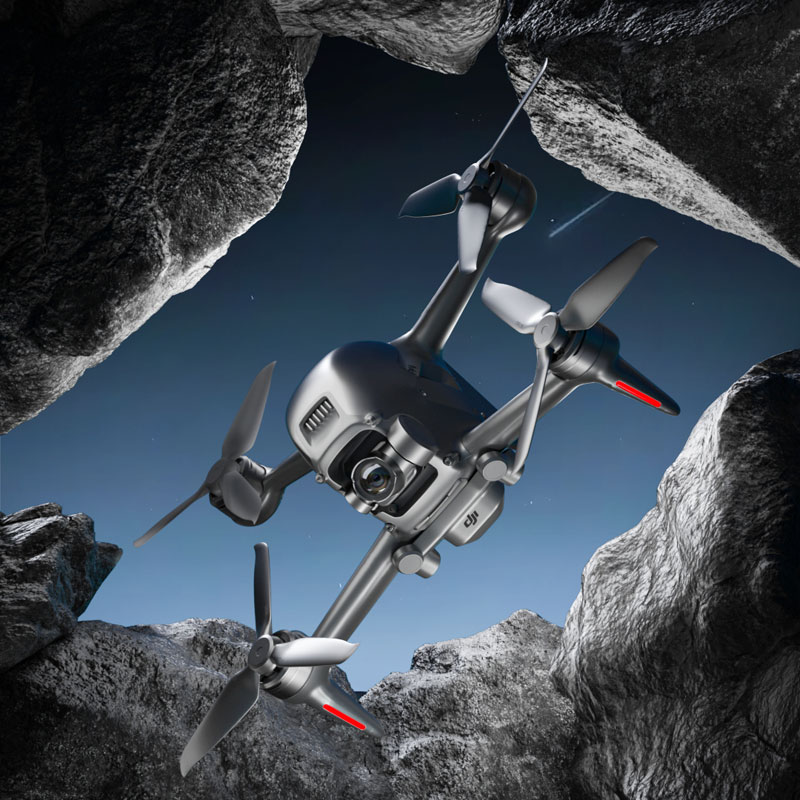To navigate the skies with your drone, understanding the specifics of licensing requirements is essential. This article delves deep into the fundamental question surrounding drone flight: “Do I need a license to fly a drone?” As technology advances and drones become increasingly popular for both recreational and commercial purposes, knowing the necessary regulations is crucial. Whether you are a hobbyist or a commercial operator, the rules can vary considerably.
Understanding Drone Licenses
The first consideration is the distinction between recreational and commercial drone use. Recreational flyers often enjoy more relaxed rules, but there are still specific guidelines that must be adhered to, such as keeping your drone in sight or adhering to standard flight height limits. Commercial operators, however, face stricter regulations and must obtain a Part 107 certification from the Federal Aviation Administration (FAA) in the United States. This involves passing a knowledge test that covers everything from airspace classification to flight restrictions.
Commercial Operations
For those seeking to use drones for business, the FAA’s Part 107 certification is mandatory. This certification ensures you understand how to responsibly integrate drones into the national airspace safely. The licensing process includes studying topics such as weather, navigation, and operational protocols. The test is comprehensive, requiring significant preparation, but it ultimately provides drone pilots with the legal authority to conduct commercial flights.
Globally, drone license requirements vary. In the EU, pilots need to adhere to regulations set by the European Union Aviation Safety Agency (EASA), which also implements a similar distinction between recreational and commercial use. Countries like Canada and Australia require registration and pilot accreditation, emphasizing safety and accountability in drone operations across their territories.
Recreational Rules
Even for hobbyists, understanding airspace restrictions is vital. Recreational drone operators are usually required to register their drones, especially if they weigh above a certain threshold. Additionally, pilots must avoid restricted areas such as airports or government facilities and must also comply with local laws and ordinances.

Registration Requirements
Registration is often a key consideration in determining whether you need a license. The need for registration largely depends on the drone’s weight and intended use. For instance, drones weighing more than 0.55 pounds require registration with the FAA. Registration helps keep track of drones and ensures that owners are responsible for their operations.

- Affordable – Registering a drone is typically a straightforward and low-cost process, aimed primarily at safety and identification.
- Identification – By registering, pilots and drones can be easily identified in the event of incidents.
Flying under the influence of drugs or alcohol is strictly prohibited. Moreover, respecting privacy laws is imperative when operating drones in residential areas.
Certification Process
To obtain a commercial drone license under Part 107, prospective pilots should expect to undergo rigorous training and pass an FAA exam. The test itself includes subjects such as airspace navigation, warning systems, and aircraft performance.
Why Licensing Matters
The need for a license ensures that all drone operators are aware of and adhere to safety protocols, minimizing risks to individuals and property. Licensed pilots are distinguished by their expertise and understanding of the legal landscape surrounding drone usage.

What are the consequences of flying a drone without a license?
Operating a drone commercially without a license can result in fines and legal repercussions, as well as legal penalties for violating airspace regulations.
Do recreational pilots need certification?
No formal certification is required for recreational pilots, but registration may be necessary, especially for drones above certain weight limits.
Additional Considerations
Always check for local regulations, as state and municipal laws may impose further restrictions on drone usage, including zone limitations and hours of operation.
